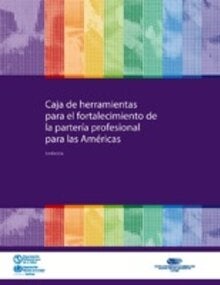There have been serious efforts over the past several decades to review effective interventions for improving pregnancy and childbirth outcomes. A clear consensus has emerged from these analyses that providing skilled care at every birth is an essential component of interventions to reduce maternal and perinatal morbidity and mortality. Without availability of a health provider with specific midwifery skills and competencies, particularly lifesaving skills, is unlikely to fulfill the right of women to have a safe motherhood, and the international goals for maternal and newborn health cannot be reached.This toolkit focuses specifically on strengthening the central role and function of the professional midwife in the provision of quality care during pregnancy and childbirth and in other reproductive and sexual health services.The Toolkit briefly considers the concepts of safe motherhood and reproductive health. It presents a brief historical background of the development of midwifery as a way of being with women. It also describes a conceptual framework that depicts the central position of midwives as key providers of safe motherhood services, within the context of universal access to health coverage, the health systems policy and infrastructure that create the enabling environment for midwifery practice. The content of the specific modules is then described, and a rationale in support of the guideline is presented. The key role of midwives in promoting reproductive health, and in particular the reduction of ratios and rates of maternal and neonatal mortality and morbidity of high prevalence in many countries of the Region is highlighted. These tools are presented as essential instruments to support countries in strengthening midwifery services and universal provision of a trained professional to attend births as part of its overall strategy to improve reproductive health.
|

